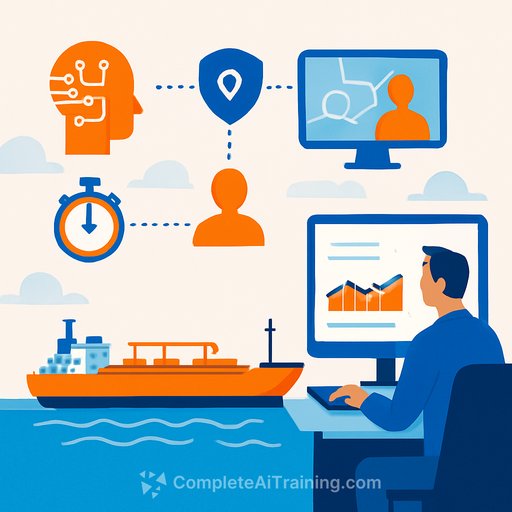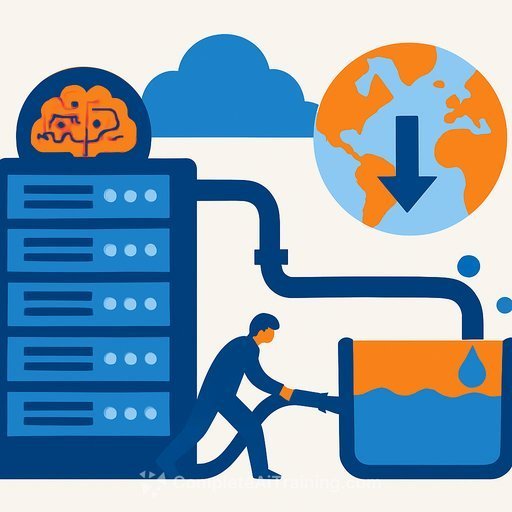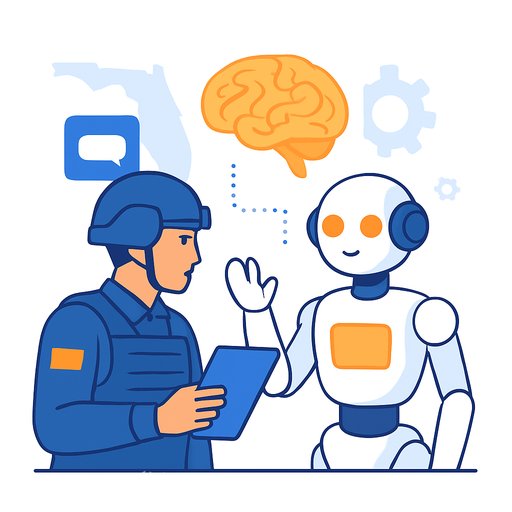Farbod Assadpour (Armona): “AI suggestions are just that: suggestions”
Tanker CTO sets out AI’s role and real-world potential
Artificial intelligence is changing how tanker operations are conducted, but it remains a tool to support human judgement—not replace it. Farbod Assadpour, CTO of Armona, highlights AI’s growing role in enhancing navigation, maintenance, safety, and emissions management.
AI’s impact is clear in voyage planning. Systems that analyze weather, currents, and traffic patterns help optimize routes. One operator reported noticeable fuel savings after a year-long trial using an AI-based routing system.
Predictive maintenance is another area where AI adds value. By monitoring sensor data for unusual vibrations or temperatures, AI can detect potential failures before they disrupt operations. While not perfect, this approach reduces breakdowns and improves safety at sea.
Visual monitoring systems on the bridge offer additional oversight, especially in busy waterways like the Singapore Strait. These camera-based tools don’t replace bridge officers but help them focus on the most critical hazards.
Shore-based teams also benefit. When AI flags near-misses onboard, the information can be instantly shared with office teams, enhancing ship-shore coordination and improving response times.
Emissions monitoring has advanced due to regulations like IMO’s Carbon Intensity Indicator. Live dashboards now track ship performance in real time, helping operators identify and address causes of rating drops—something that was previously difficult to achieve.
- Legacy systems often pose integration challenges, requiring middleware or additional sensors.
- Data inconsistencies and unreliable sensors can hinder AI effectiveness.
- Standardization, data availability, and cybersecurity are essential for reliable AI insights.
Instead of replacing crews, AI shifts their roles. Officers are expected to interpret AI suggestions, evaluate their validity, and retain ultimate responsibility. As one officer put it, “Let the AI do the boring stuff; I’ll handle the judgment calls.”
Ethical concerns such as crew surveillance and algorithmic bias are actively managed through clear policies. Armona emphasizes that AI outputs are suggestions—not orders—and do not override human decision-making.
Looking ahead, AI-assisted navigation, sensor-driven predictive maintenance, drone inspections, and route optimization are expected to become standard practice within five years, improving both safety and commercial performance.
Your membership also unlocks:






